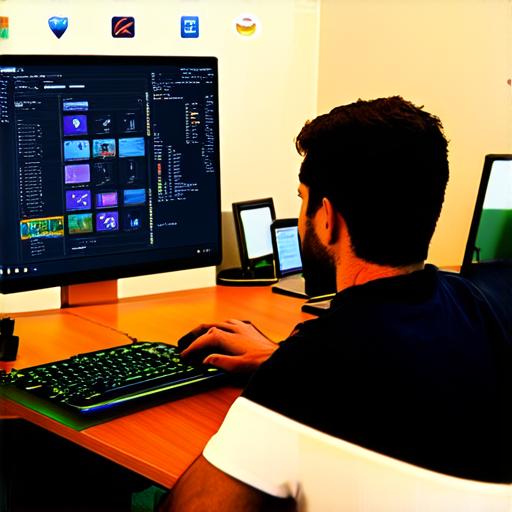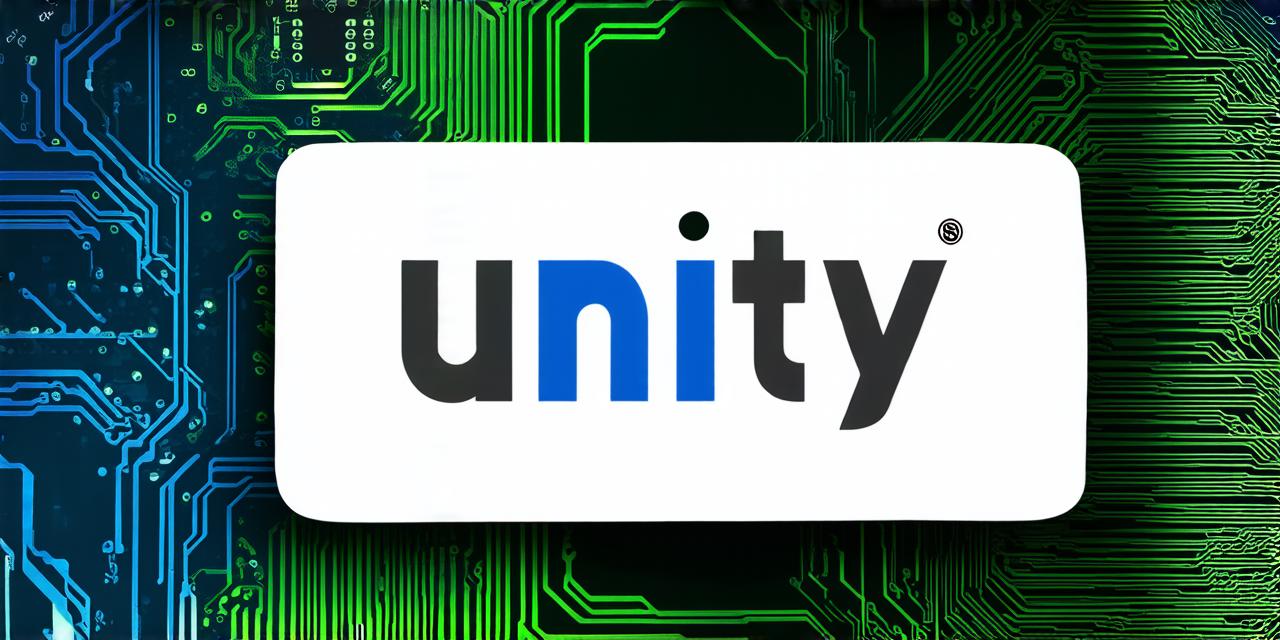Introduction
Unity is one of the most popular game engines used by developers worldwide. It offers a range of features and tools that make it easy to create high-quality games, applications, and experiences across multiple platforms. However, with several versions available, choosing the right Unity version for your project can be a daunting task.
Factors to Consider When Choosing a Unity Version
Before selecting a Unity version, you need to determine the requirements of your project. This includes the type of game or application you are developing, the target platform(s), and any specific features you need. For example, if you are working on a VR game, you will require a version that supports VR development.
2. Performance Requirements
Performance requirements are also an important factor to consider when choosing a Unity version. The higher the version number, the more optimized it is for performance. However, this can come at the cost of additional features and capabilities. You need to balance your performance requirements with the features you need to develop your project.
3. Community Support
Community support is another critical factor to consider when selecting a Unity version. The longer a version is supported, the more resources and assistance are available from the Unity community. This can be particularly important if you encounter any issues during development.
4. Compatibility with Other Tools
Finally, you need to consider compatibility with other tools you plan on using for your project. For example, if you plan on using a particular plugin or tool, you need to ensure it is compatible with the version of Unity you are using.
Recommendations Based on Project Requirements
1. 2D Games and Applications
For 2D games and applications, we recommend using Unity 2019.3 LTS or earlier versions. These versions offer a range of features and tools that are ideal for creating 2D content, including support for 2D animation, particle effects, and UI components. They also have good community support and are compatible with many plugins and tools used in 2D development.
2. 3D Games and Applications
For 3D games and applications, we recommend using Unity 2019.3 LTS or earlier versions. These versions offer a range of features and tools that are ideal for creating 3D content, including support for real-time rendering, physics simulation, and animation. They also have good community support and are compatible with many plugins and tools used in 3D development.
3. VR Games and Applications

For VR games and applications, we recommend using Unity 2019.3 LTS or earlier versions that support VR development. These versions offer a range of features and tools specifically designed for VR development, including support for hand tracking, eye tracking, and room-scale environments. They also have good community support and are compatible with many VR plugins and tools.
Conclusion
Choosing the right Unity version for your project can be a challenging task, but by considering your project requirements and other factors, you can make an informed decision. We recommend using Unity 2019.3 LTS or earlier versions for most projects, as they offer a range of features and tools that are ideal for creating high-quality games, applications, and experiences across multiple platforms.
